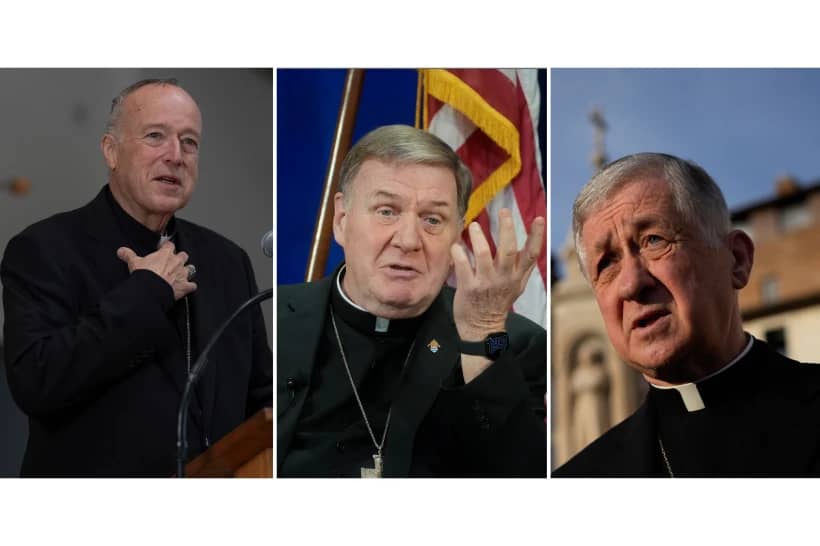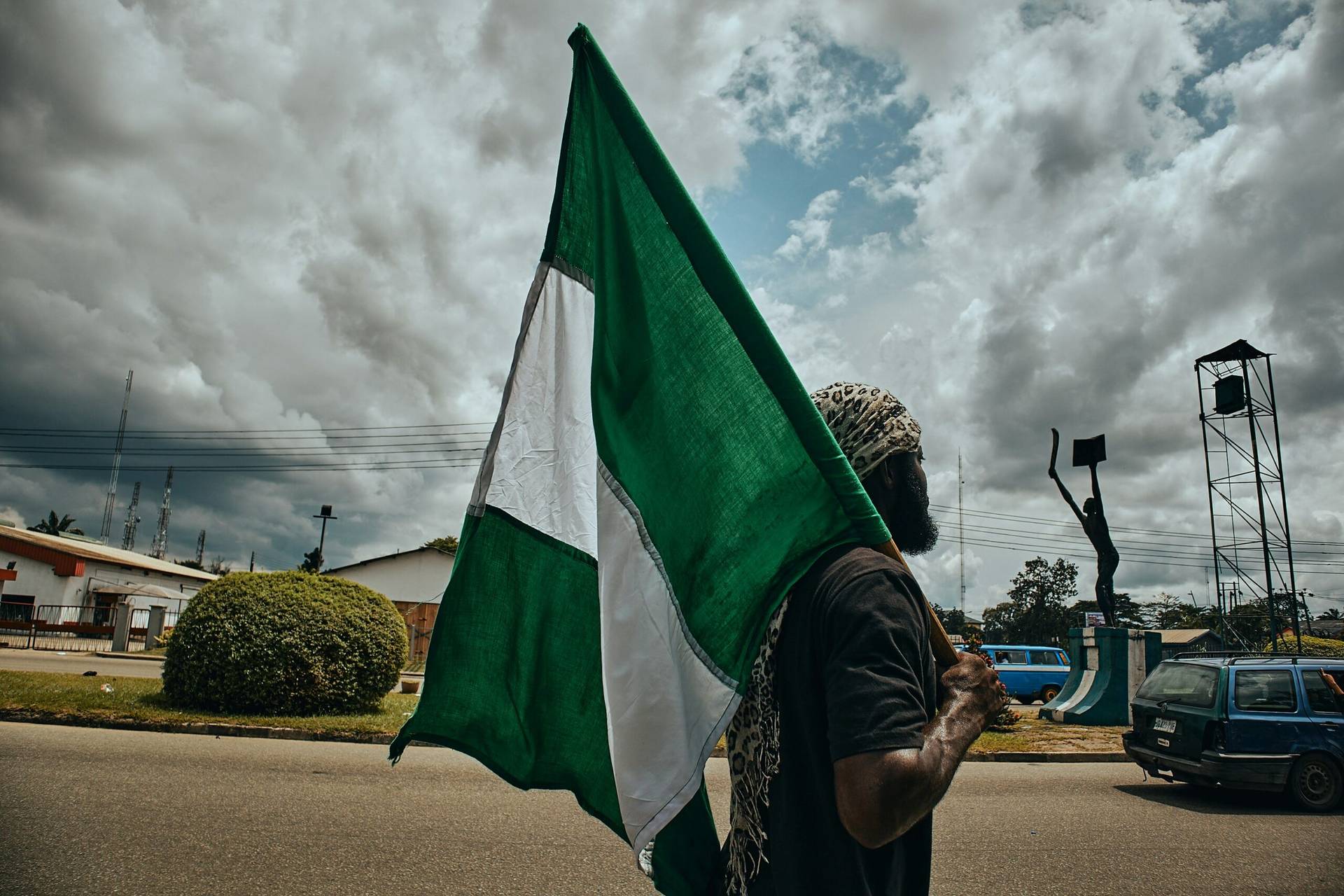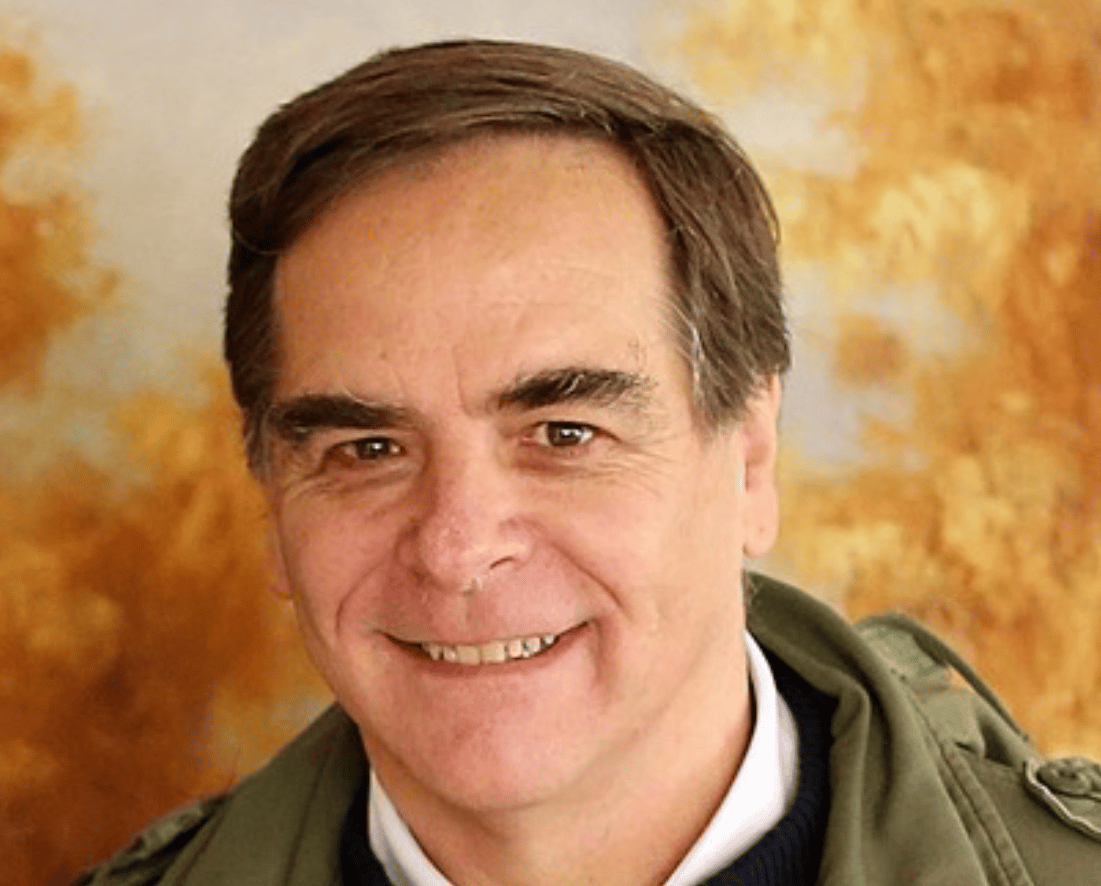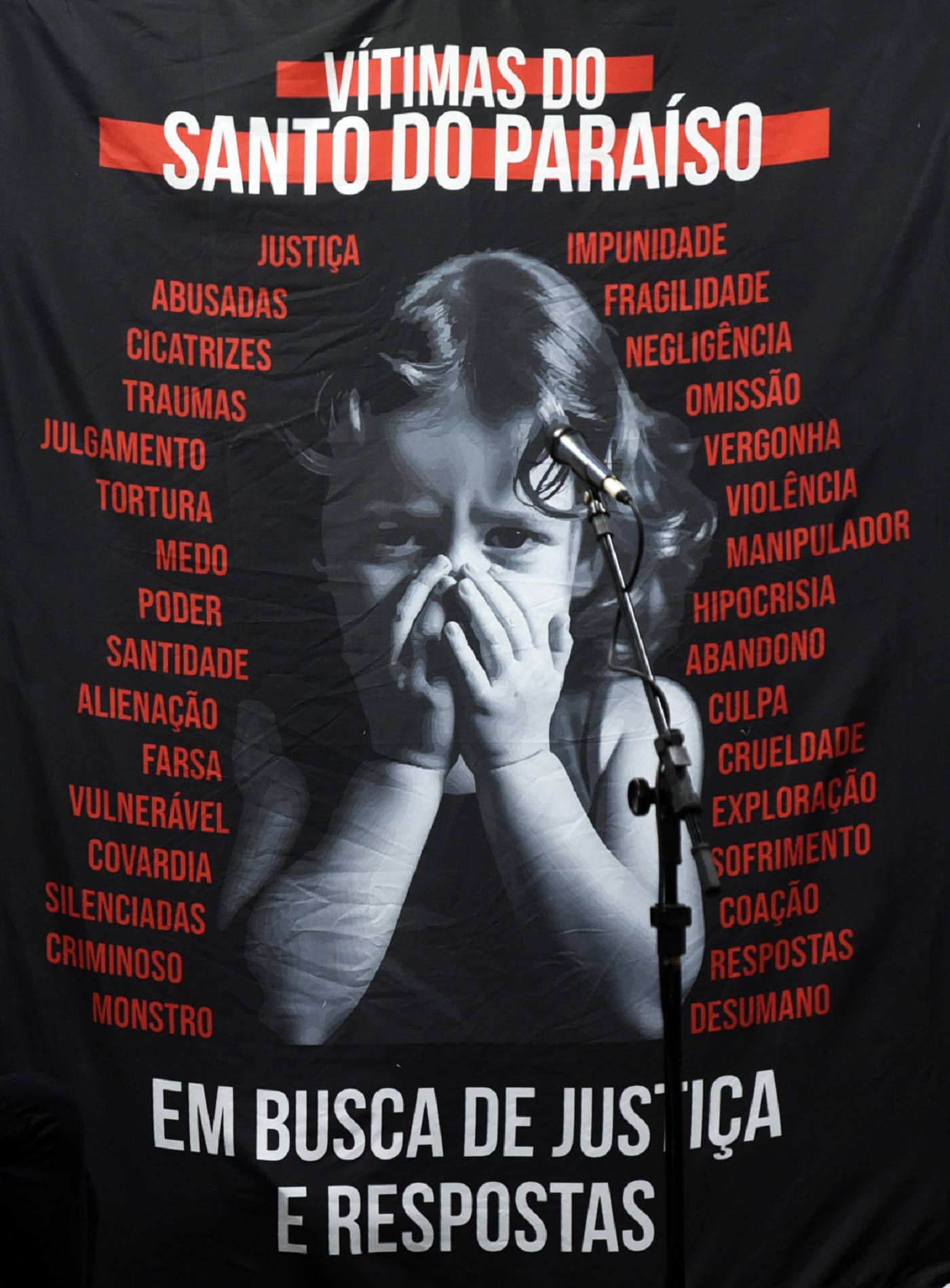BALTIMORE — One of the Catholic Church’s leading voices for immigration reform called on President Barack Obama to take executive action if Congress continues to fail to fix the country’s “broken system.”
In a wide-ranging interview with Crux, Tucson Bishop Gerald Kicanas called the political inaction on immigration reform “sad” and said the Church remains focused on “the reunification of families and avoiding the breaking up of families.”
“The preference would be to have a bipartisan solution, and a comprehensive solution. But it seems as if for whatever reason there is a paralysis existing right now, and in the meantime, people are hurting, families are being separated,” he said. “It may be necessary for the president to step up and to act in a way that addresses the needs of families.”
After Republicans seized control of the United States Senate in midterm elections earlier last week, effectively killing the prospects for action on bipartisan immigration reform, Obama told reporters that he would take executive action to deal with the 11 million undocumented immigrants living in the United States. Immigration advocates have urged the president to act unilaterally, but congressional Republicans condemned the idea.
Last spring, Catholic bishops from the United States and Mexico celebrated a Mass in the border town of Nogales, which straddles Mexico and Arizona. The bishops distributed Communion to Mexicans through slats in a fence that separates the two countries.
“For a moment, people realized that the wall is dividing neighbors instead of enemies,” Kicanas recalled. He said that image “captured people’s imaginations a little bit, even people who were not particularly pro-immigrant or not as sensitive to the issue.”
Kicanas said that comprehensive reform should include measures to control what he described as “a lot of criminal behavior along this border,” but should ultimately “allow people to come here to work if they so desire, who are able and willing to contribute.”
Speaking during the US Conference of Catholic Bishops fall meeting in Baltimore, Kicanas, a former conference vice president who lost his bid to become president in 2010 in a departure from precedent, said he hopes Pope Francis’ leadership molds how the bishops conduct their business.
He said the pope is asking bishops to consider issues such as “how to walk with the poor.”
“We live in a wounded world with many people hurting and struggling and the Church has to be there with those people, has to be accompanying those people,” he said.
The 73-year-old Kicanas is a Chicago native. He spent much of his career there, being promoted to auxiliary bishop under Cardinal Joseph Bernardin in 1995. He praised Pope Francis’ appointment of Bishop Blase Cupich to take over as archbishop there next week from the ailing Cardinal Francis George. Cupich has been described as a moderate voice in the American hierarchy and is reported to have been personally selected by Pope Francis.
Kicanas described Cupich as “a very pastoral man” and said, “I know his clear desire is to serve the people of the archdiocese well. It was certainly a surprise appointment, but I certainly think a good appointment in the sense that Bishop Cupich has all the skills necessary to lead, to serve well as bishop of such a large and challenging diocese.”
During last month’s synod on the family in Rome, Pope Francis encouraged bishops to be open with one another, and to listen to those who might disagree with their positions. Kicanas said this style of interaction hasn’t made its way here.
“We haven’t found a way yet as a conference to really engage one another in open dialogue and in good listening, and that’s what the Holy Father asked the Synod to do. I’d like to see that happen more in the conference,” he said.
After the synod, some cardinals and bishops publicly criticized the pope’s leadership, with Cardinal Raymond Burke comparing the Church to “a ship without a rudder.”
Kicanas called this kind of criticism “worrisome,” but said that some cardinals and bishops feel free to express their concerns publicly precisely because of the pope’s leadership.
“In the past, it was always thought that the person who raised a contrary point was disloyal,” he said. “This Holy Father is saying, ‘Look, I want to hear what you have to say, I want to hear your thoughts, I don’t want you to be afraid, I don’t want you to be feel you’re being disloyal, we’re here to talk openly and engage one another in dialogue, but also to listen.’ ”
But, he said, that kind of openness can have negative consequences for the faithful.
“It’s one thing to have frank and honest dialogue; it’s another thing to have polarization,” he said. “Some are trying to use this in a polarity kind of way, and I think that’s worrisome.”















